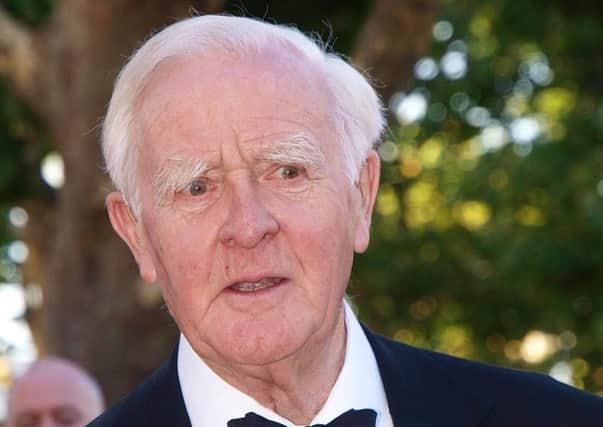Book review: John Le Carré: The Biography by Adam Sisman


John Le Carré: The Biography by Adam Sisman | Bloomsbury, £25
Le Carré has developed a reputation for being cantankerous: over the years he has switched publishers and agents and thwarted the few who have attempted to write his biography, so it comes as something of a surprise that Adam Sisman has received the novelist’s blessing to take on the task, and was granted hours of interviews and access to more than 500 boxes of papers and manuscripts.
Advertisement
Hide AdCornwell had a traumatic childhood. Appalled by her husband Ronnie’s philandering, fraudulent lifestyle and terms of imprisonment, Olive Cornwell abandoned the family, leaving her five-year-old son David and his older brother Tony to life with a variety of guardians and step-parents and attending a series of private schools, for which Ronnie usually failed to pay the fees.
Sisman details Cornwell’s early writing, his university, National Service and teaching careers, as well his burgeoning interest in German language and culture at an unfashionable, not to say dangerous, time, and so to his introduction to the British intelligence services.
The core of the book is an exploration of the 23 Le Carré novels. There is, of course, celebration of Cornwell’s success with The Spy Who Came In From The Cold, and discussion of the real-life models for Le Carré’s most famous character, George Smiley, but what makes this a truly great biography is the treatment of the theme within, spying.
To his craft as a biographer, Sisman adds the tradecraft of the spy. He waits and watches, gathering intelligence on his subject for us. We are individual members of his “Joint Intelligence Committee” as much as we are his readers.
He refers to John Le Carré as David Cornwell virtually throughout. Each is a mask for the other. A “double agent” then, but who is he, really? As in Le Carré’s novels, the reader has to take in every nuance on every page to get to the truth.
This is not a spoiler, but the end is surprising. Perhaps it is the key to the man, agreeing to a biography in what is now his 85th year. “I’ve got 13 grandchildren and fantastic wives for my sons,” he says. “I was the bridge they had to cross to get from my father to life.”